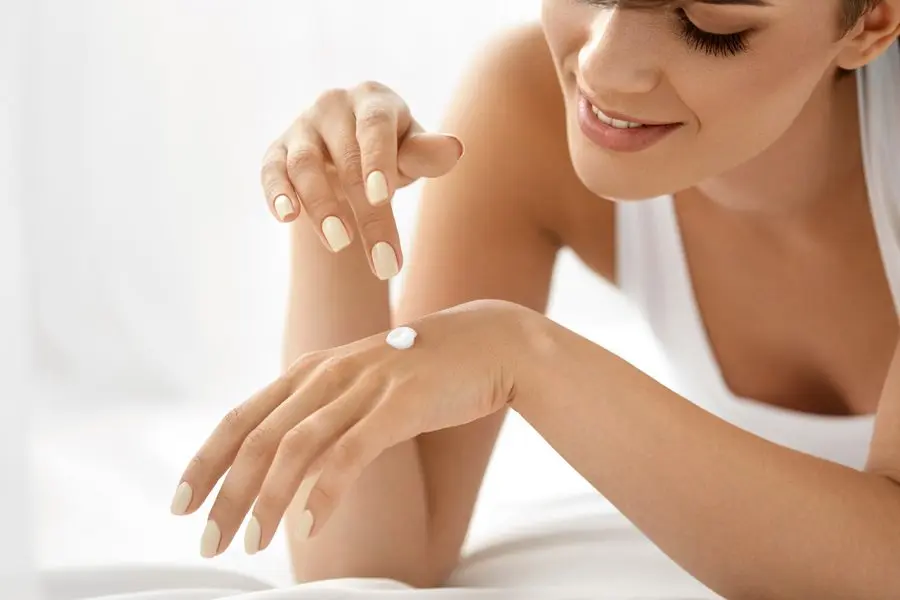
The right way to deal with oily scalp
Contents:
On a good day, we manage to get out of bed, do our morning skincare, put on a little makeup and do our hair, to have breakfast before a full day of work. Unfortunately, those good days don't come around as often as we'd like, which is why we're always looking for solutions to halve the time we spend on our beauty routine, such as trying to make sure our hair stays on for days on end, don't wash your hair. hair - no shame, we've all done it. But if you have an oily scalp, it can feel like you're constantly shampooing your hair to get rid of greasy strands, and in turn, spending too much time styling your hair and taking care of your scalp in general. But don't worry. We consulted Anabel Kingsley, Brand President and Philip Kingsley Consultant Trichologist, to understand the causes of oily scalp and how to deal with it.
What causes oily scalp?
If your hair feels soft and weighed down, and your scalp is flaking, pimples, and itchy, you most likely have an oily scalp. According to Kingsley, there are many causes of oily scalp. The first, and probably the most obvious, is not shampooing your hair often enough. “Your scalp is skin that contains thousands of sebaceous glands,” says Kinglsey. “Just like the skin on your face, your scalp needs to be cleansed regularly.” Another reason you have less control is your menstrual cycle. You may find that your scalp gets oilier and maybe even a little pimpley before and during your period. Stress also plays a role in scalp oiliness, as it can increase androgen (male hormone) levels and cause sebum overload. And if you have fine hair, you will most likely find that your scalp gets oily too quickly. "This is because each hair follicle is attached to a sebaceous gland, and people with fine hair texture have more hair on their scalp and therefore more sebaceous glands than hair with any other texture." A very oily scalp can also be a sign of polycystic ovary syndrome (PCOS), which has other symptoms, such as facial hair and acne, according to Kingsley.
How to deal with oily scalp
“Just like the skin on your face, your scalp can benefit from a weekly targeted mask and daily toner,” says Kingsley. If you have an oily and flaky scalp, use a weekly scalp mask that gently exfoliates and cleanses your scalp. We love Kiehl's Deep Micro Scalp Exfoliator for its ability to cleanse and exfoliate the scalp to help keep the scalp healthy. Kingsley also recommends using a daily scalp toner that contains astringent ingredients such as witch hazel to help absorb excess sebum, such as the Philip Kingsley Scalp Toner. Learn more about how to deal with oily scalp:
Tip #1: Increase the amount of shampoo
“If you have oily scalp and wash your hair less than every other day, increase the frequency of shampooing,” says Kingsley. She also recommends using an antimicrobial shampoo such as Philip Kingsley Flaky Scalp Cleansing Shampoo.
Tip #2: Apply conditioner only to the ends of your hair
Applying conditioner to the roots of your hair will only make it heavier. Kingsley recommends applying the product to the middle and ends of the strands. Need a new air conditioner? Try L'Oréal Paris Elvive Dream Lengths Conditioner.
Tip #3: Keep Your Stress Levels Low
We know this is easier said than done, but Kingsley says that high levels of stress can increase sebum production. To avoid oiliness, try taking yoga or Pilates classes whenever possible and practicing mindfulness and meditation regularly.
Tip #4: Watch what you eat
“If you have an oily, itchy, flaky scalp, cut down on high-fat dairy and very sugary foods,” Kingsley says.
Leave a Reply